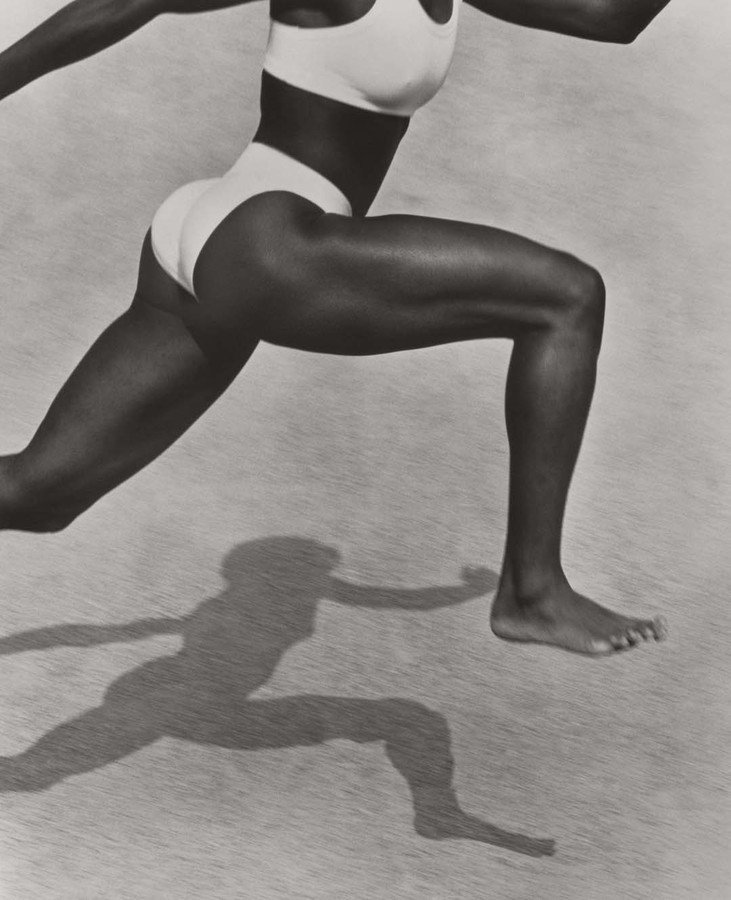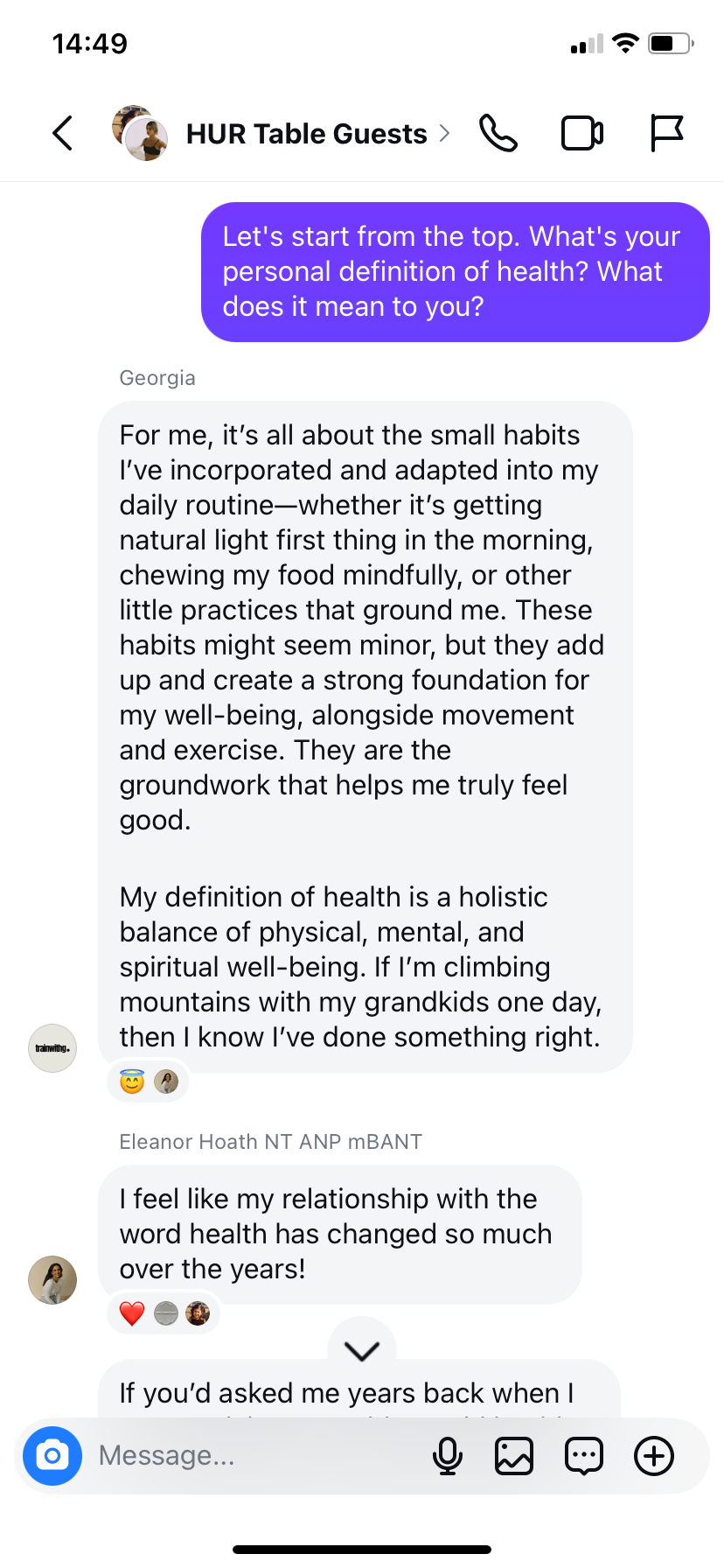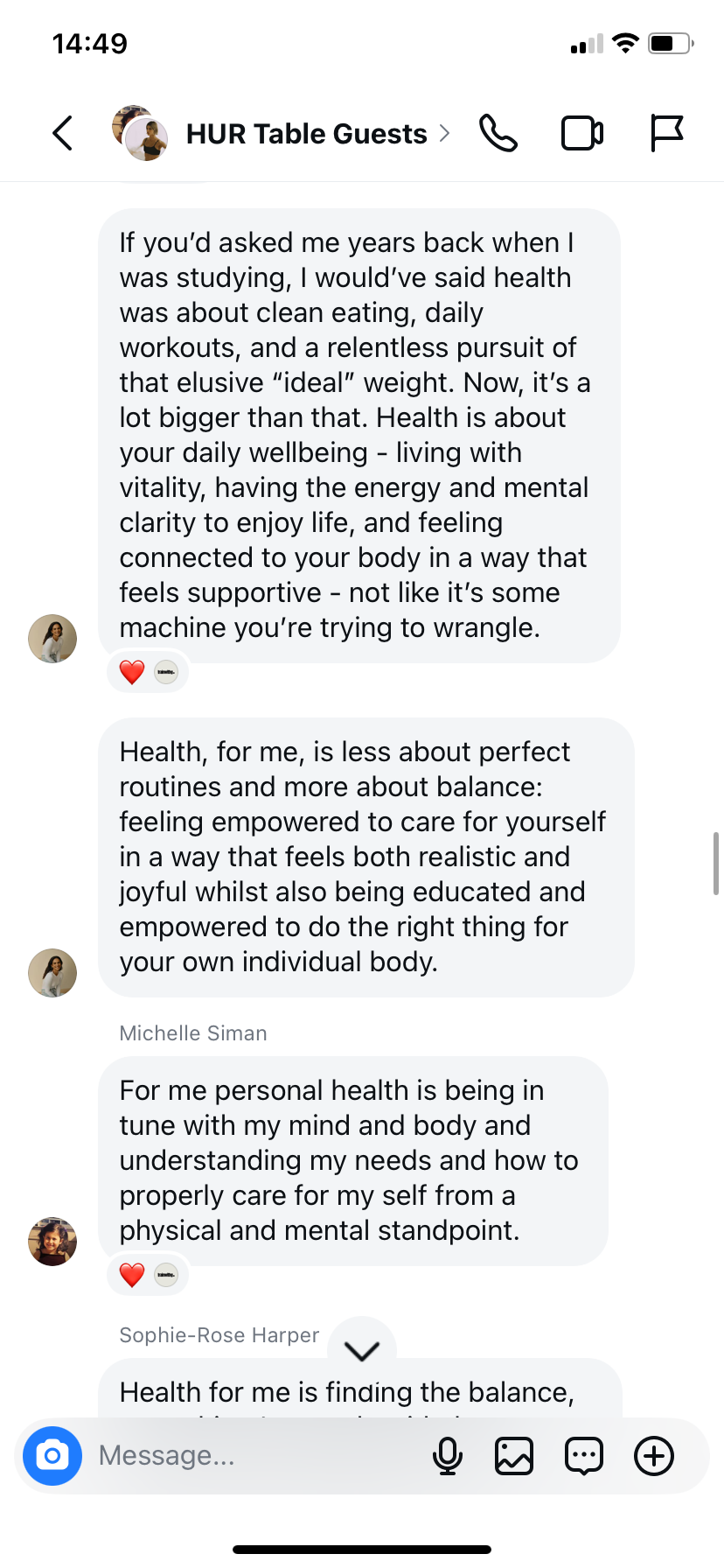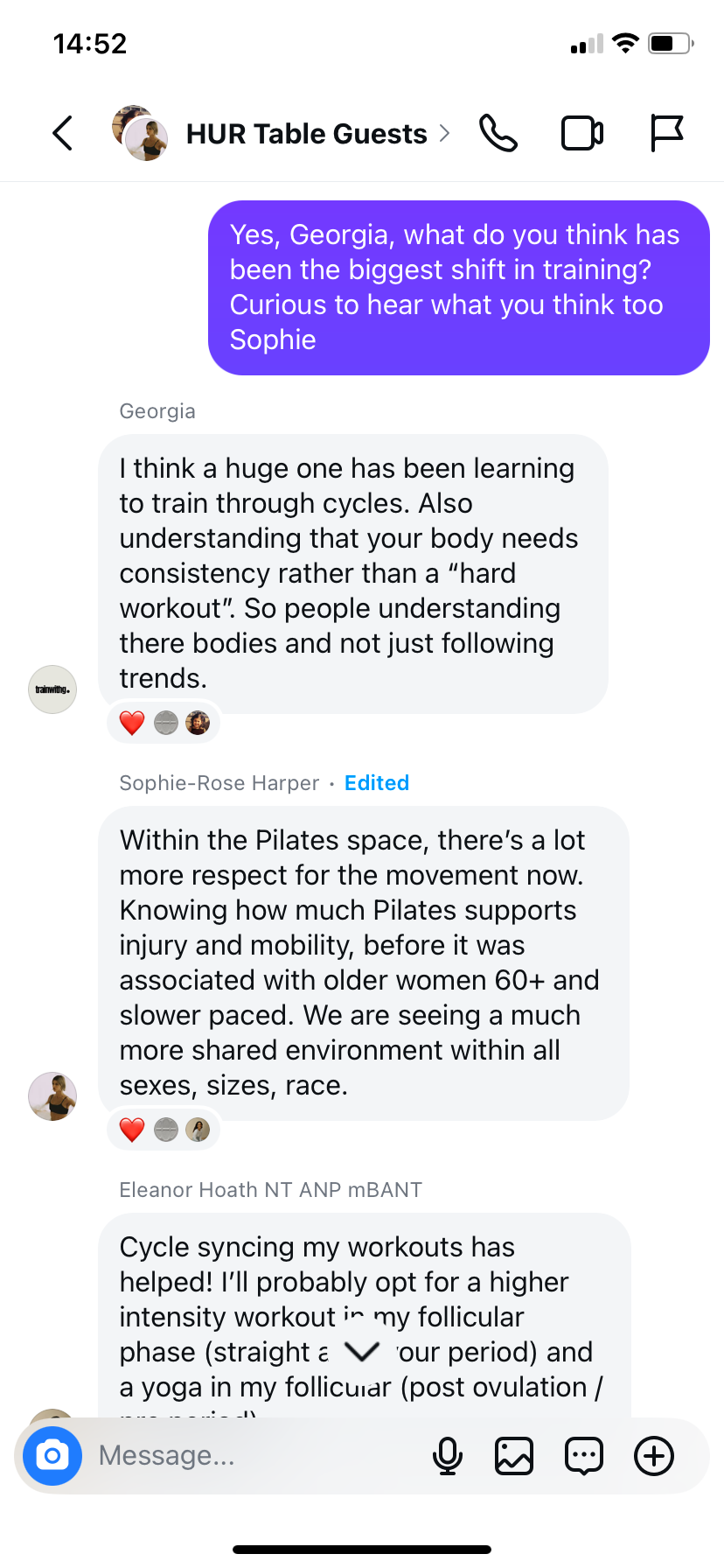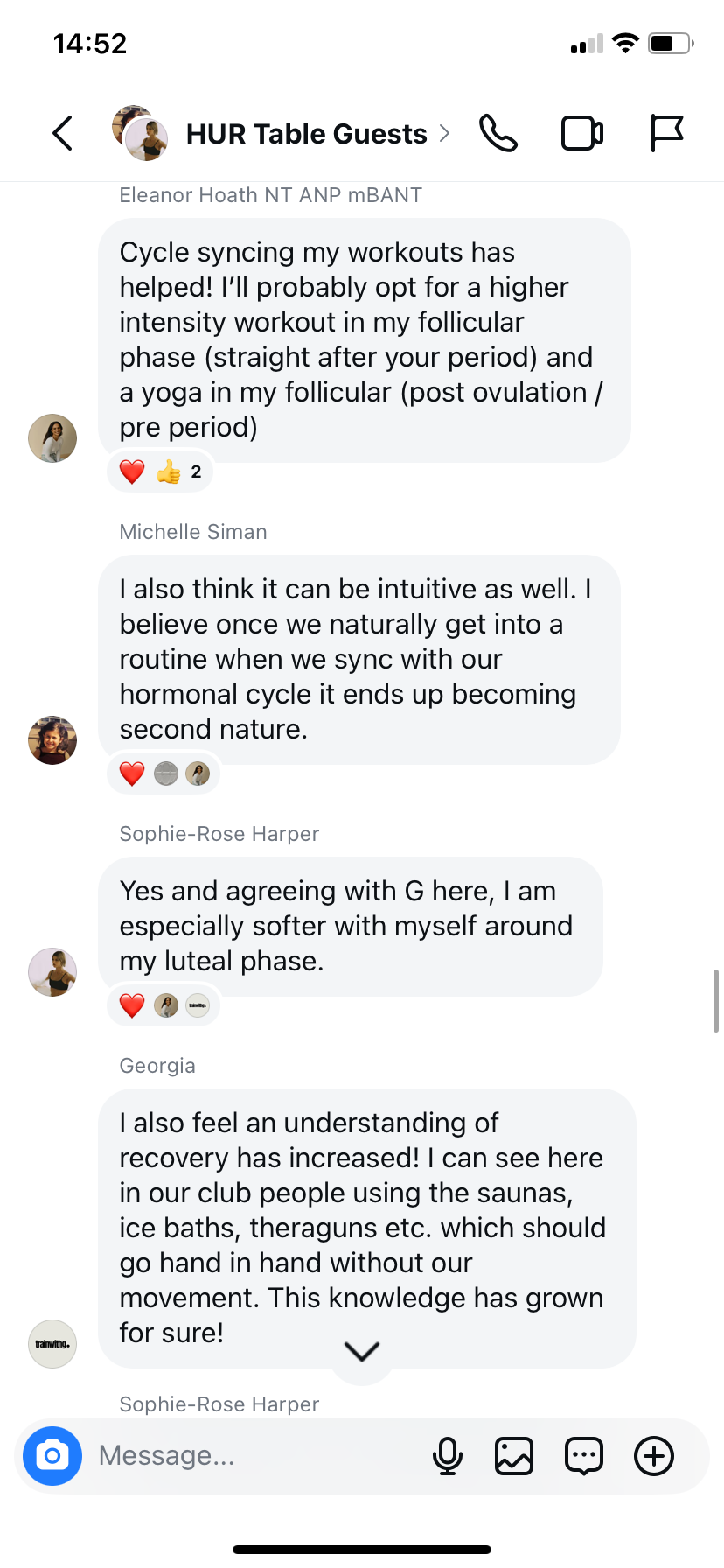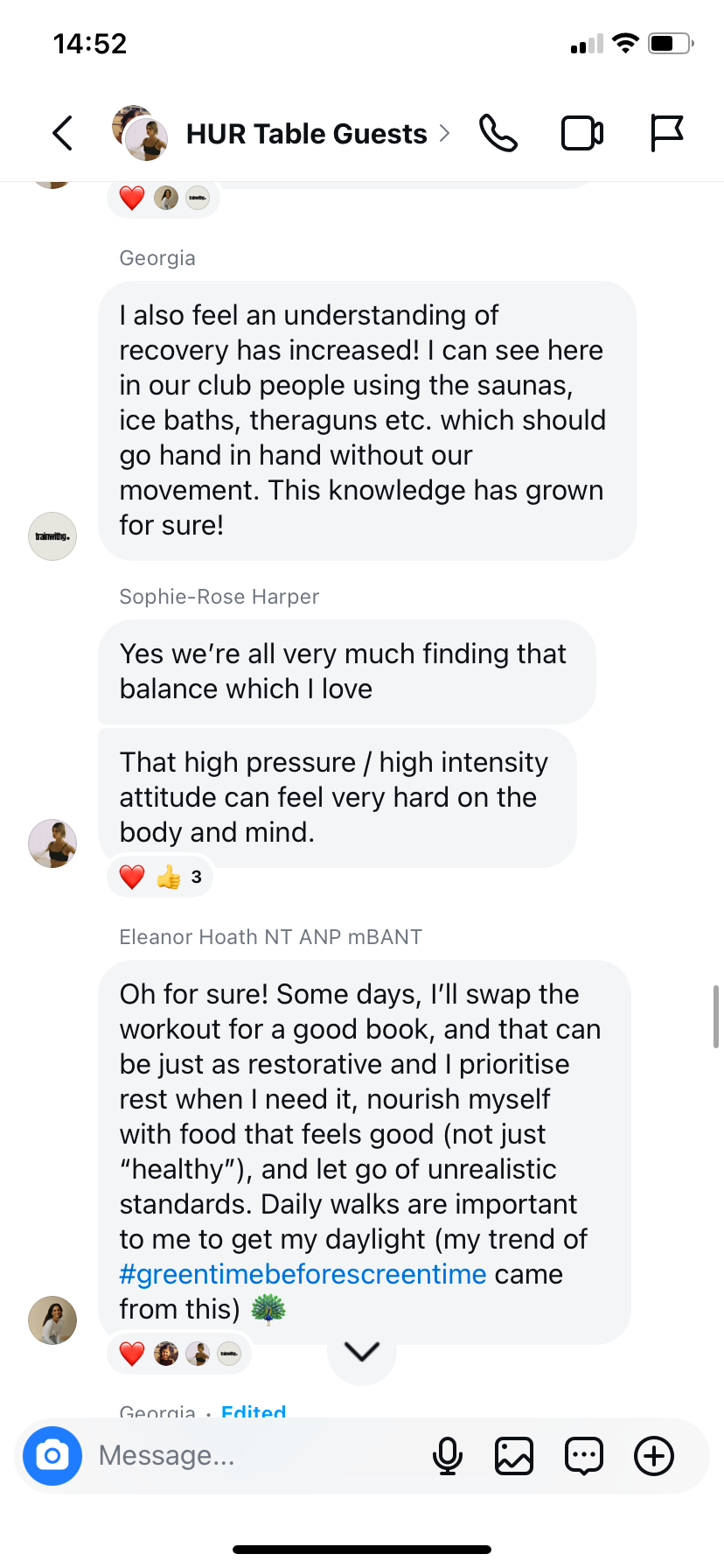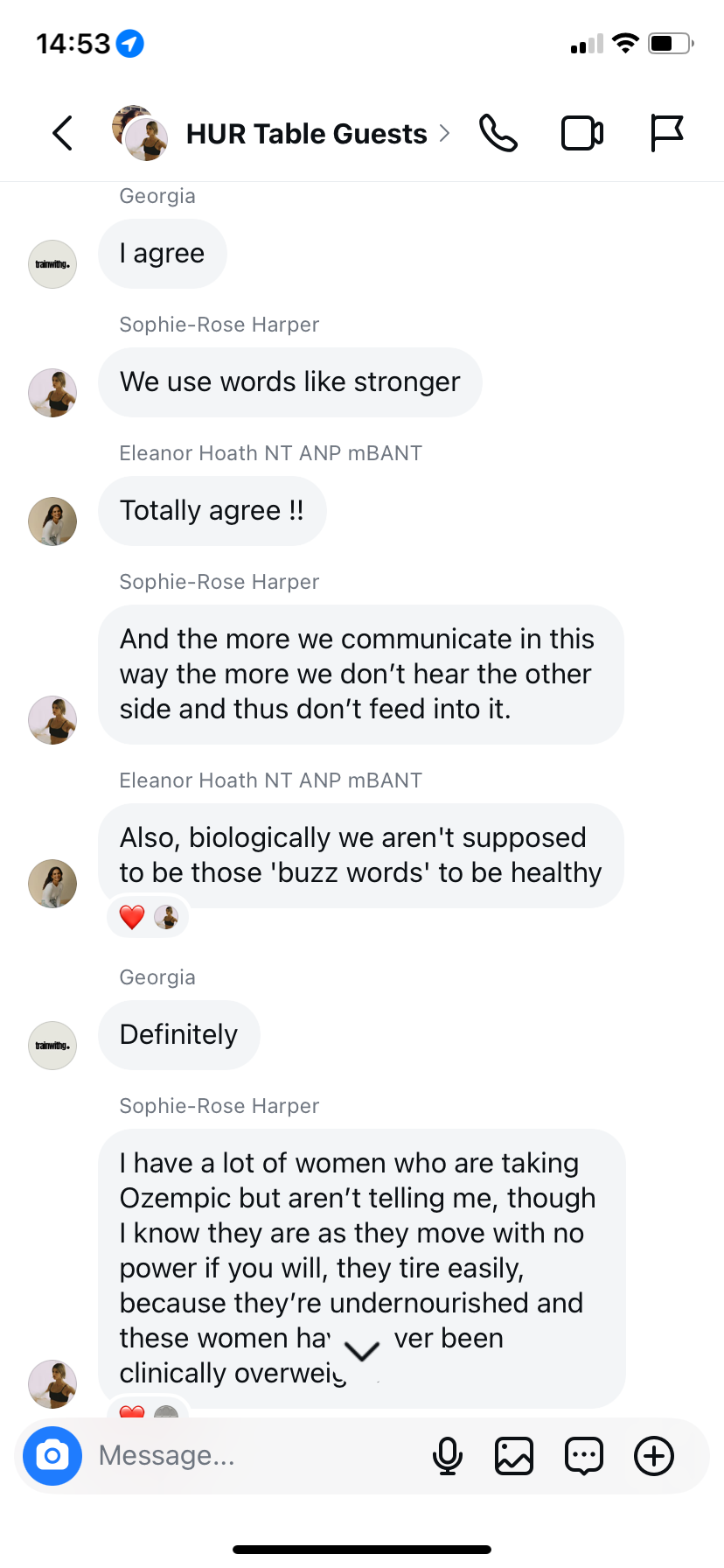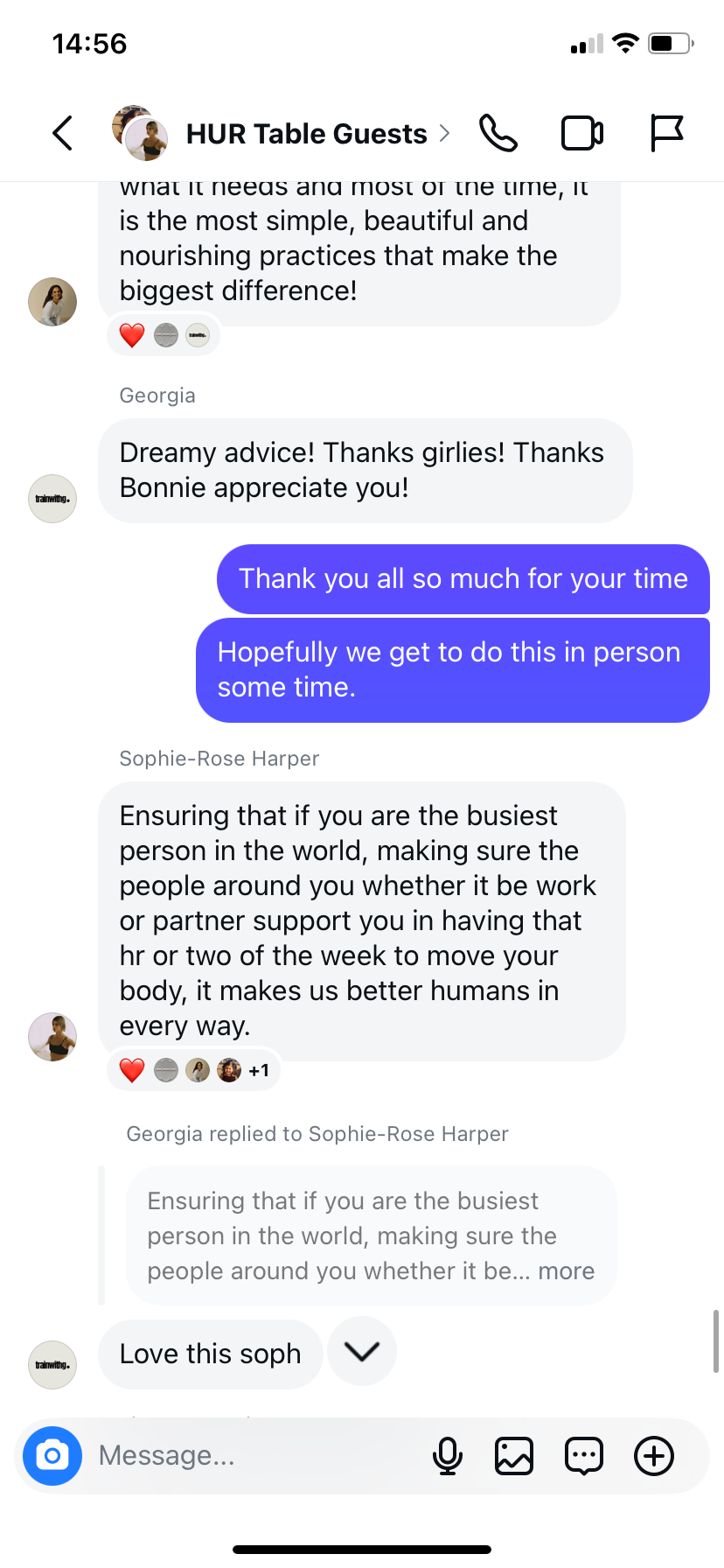Women’s Health is Still an Afterthought
Women’s Health is Still an Afterthought
with Eleanor Hoath, Georgia Canavan, Sophie-Rose Harper and Michelle Siman
By HURS Team
In a world where wellness has become a multi-trillion-dollar industry, women’s health still lingers on the fringes of serious discussion. The global health and wellness sector, which now exceeds $4.3 trillion, is booming—yet women, who account for more than half of global health spend, remain underserved. Despite the FemTech industry alone projected to hit $75 billion by 2025 and the increasing visibility of women’s health issues, the narrative remains frustratingly unchanged. Thinness is still celebrated as the ultimate marker of health, while complex, gender-specific issues like menopause, heart disease, and reproductive health remain on the periphery.
For decades, the medical community has under-researched, underfunded, and misunderstood the unique needs of women. Only in recent years has the conversation begun to shift, largely due to growing public demand and emerging FemTech innovations. However, the deep-rooted stereotypes that continue to shape the health space—blaming mental health, self-care, or weight for women’s struggles—show just how much work is left to be done.
While the rise of social media and new technologies has sparked an increased focus on health, it has also perpetuated narrow standards of well-being. The pressure to achieve the 'perfect' body or follow the latest fitness fad can be overwhelming, and these ideals often fail to capture the diverse realities of women’s health. Stereotypes like the glorification of thinness and the oversimplification of health through aesthetics continue to dominate conversations, despite growing awareness of the deeper, more nuanced challenges women face.
It’s clear that despite progress, the health space still doesn’t fully serve women. What’s needed is a shift in the conversation—one that not only prioritizes their unique needs but also dismantles the outdated narratives that have long defined their health journey. Women deserve a health experience that is as multifaceted as their lives, where well-being isn’t reduced to a number on a scale or an image on a screen, but embraced as a holistic pursuit of balance, strength, and self-care.
We asked four women operating in the space how they define health, the misconceptions they encounter and how we can support women and change the narrative on what it means to live well.
